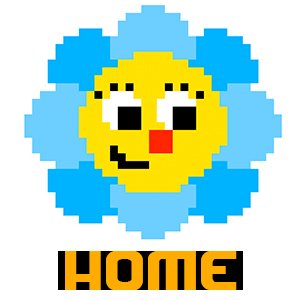DIZZY: First CD you ever bought?
LIVIA CHARMAN: I’m not sure which one I bought first but mentally flipping through the kimono-print CD case I had in the early 2000s, I know the self-titled 3LW album was one of the first in there. Alicia Keys, ‘Songs in A Minor’ and ‘Diary of Alicia Keys’, No Doubt, ‘The Singles Collection’, Beyonce, ‘Crazy in Love’, Usher, ‘Confessions’, Green Day, 'Dookie’…
D: Does a song start as a poem, a melody, or an instrumental?
LC: Usually I’m working on a chord progression or riff on the guitar and I pair it with part of a poem from my stash. If the poem feels right with the guitar a song can sort of write itself from there; the poem bends to fit the music and vice versa. I feel corny admitting this but it can be very zen, like I have to give the song whatever it’s asking me for at that point. I recently wrote words to a pre-existing piece of harp music, Pearl Chertok’s, 'Beige Nocturne’, I’d like to play with that technique more. But I’ve never completed an instrumental of my own first and put words to it second; everything tends to unfold simultaneously.
D: When you are writing music where do you find inspiration?
LC: Hm. I get a lot of musical/writing inspiration from visual info. Kayla and I always say “walking down the street being a girl”. I like walking, I like spying and collecting. I collect images and objects and project thoughts / feelings / fantasy / myself into them. I get ideas when when I’m falling asleep and first waking up, and from dreams ;P There are a few essential female influences that are always there, consciously or subconsciously: PJ Harvey, Sibylle Baier, Karen Dalton, and Liz Phair.
D: Do you feel political and social themes are present in your music? What responsibility do you think artists and musicians have in regards to addressing these issues?
LC: I think continually developing one’s political and social consciousness is extremely important, not just as an artist or musician. I do my best to stay informed, to develop sound opinions, to learn how to be helpful. That said, I haven’t come up with a way to seamlessly integrate a political or social message into my work, at least not directly, and I don’t think every artist’s work is supposed to do that. I think right now there is so much organizing we need to do - together, in person, face to face - that art can’t really do on its own. I want my music to be a gift to the audience, I want it to make them feel, to maybe be healing to them in some way. If what I make can be useful politically, it has to do with bringing people together through that. And with offering up my “walking down the street being a girl” perspective.
D: Although we’re talking about your relationship with music, you also do poetry and visual art. How do you see these different mediums intersect? Is the ideal project to utilize all three, or do you like to separate them?
LC: I’m less and less interested in visual art being something I do publicly even though drawing is my first love. I initially got into poetry as a way to trick myself into songwriting; I played guitar and yearned to write my own music for years before I was comfortable with actually doing it. But the more I studied and wrote poetry, the more I saw it as a world of its own worth exploring and felt, like, sidetracked by it. Basically over time I’ve learned that the different mediums have very different demands and I don’t feel like I can do them all justice at once. Right now music requires most of my attention. Despite all that, the way I write songs is closely related to the way I make drawings; linking imagery and emotions in a synesthesia kinda way that maybe I wouldn’t if drawing weren’t where I started.
Livia’s Dizzy Mix






